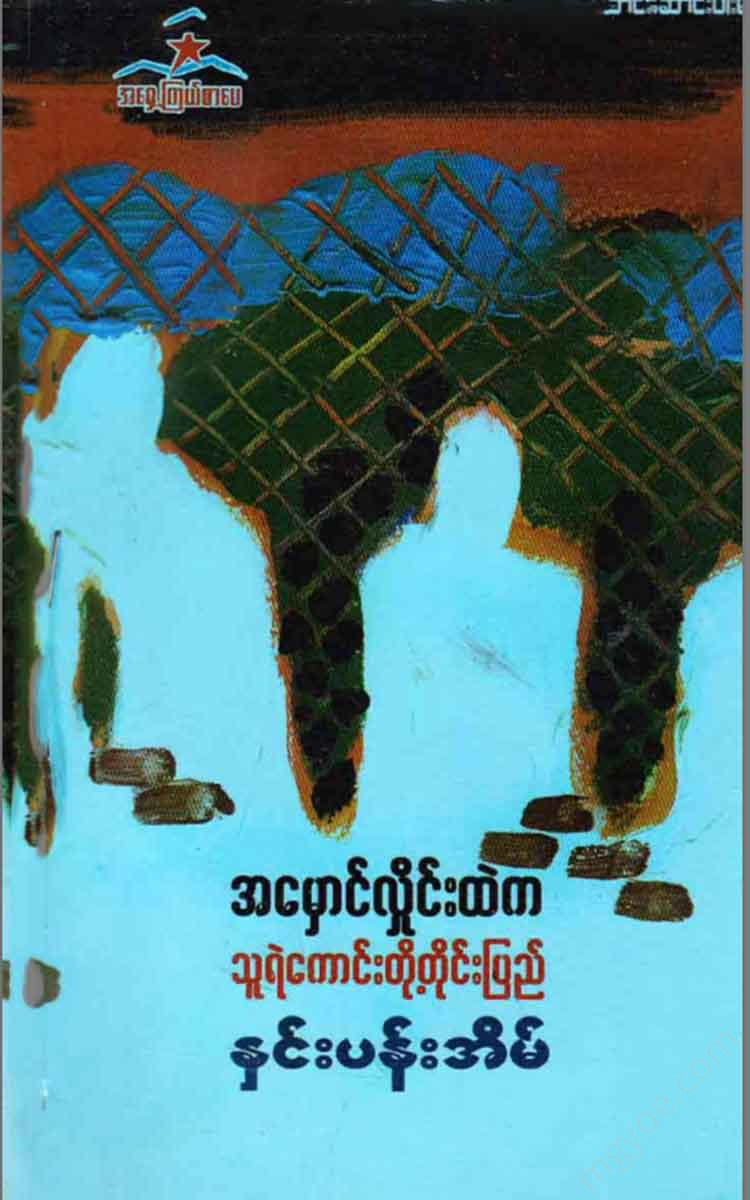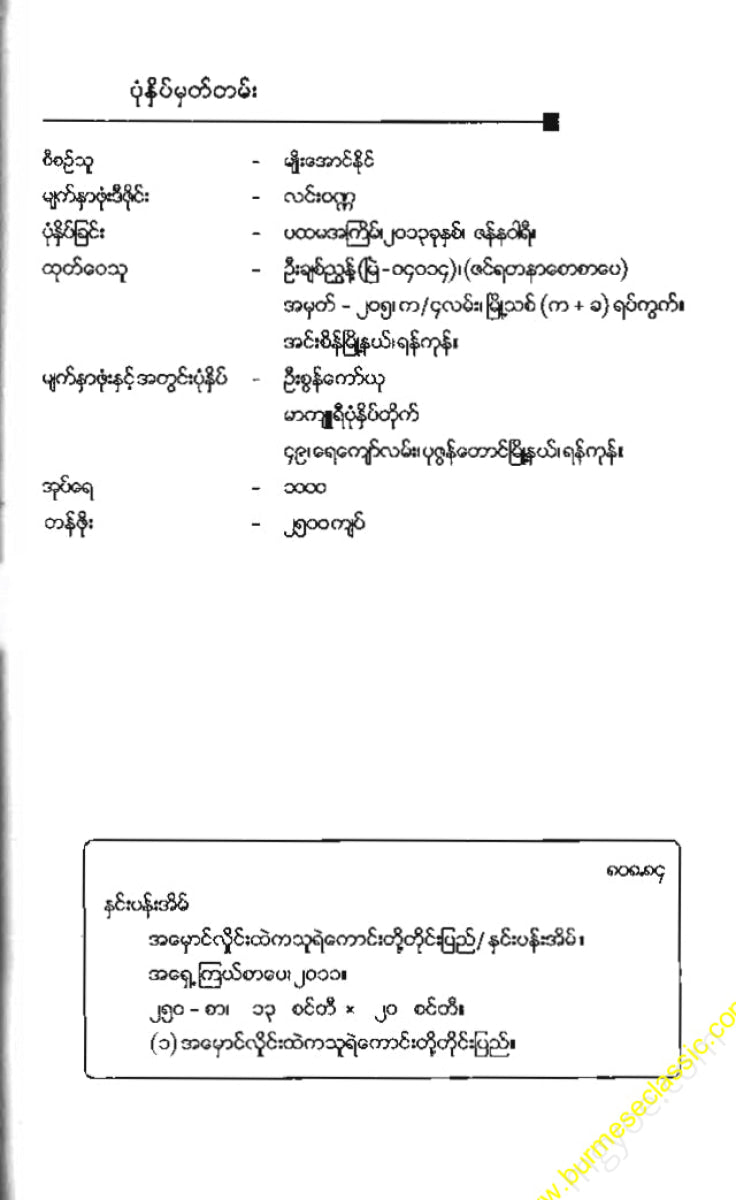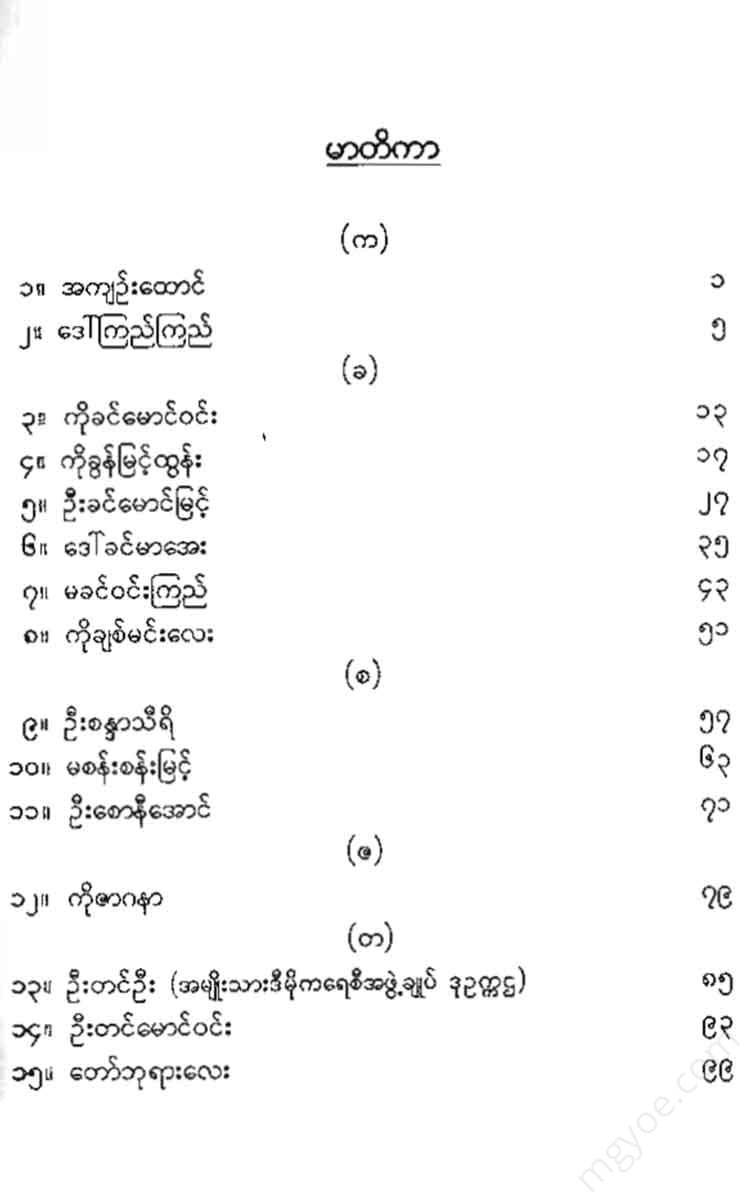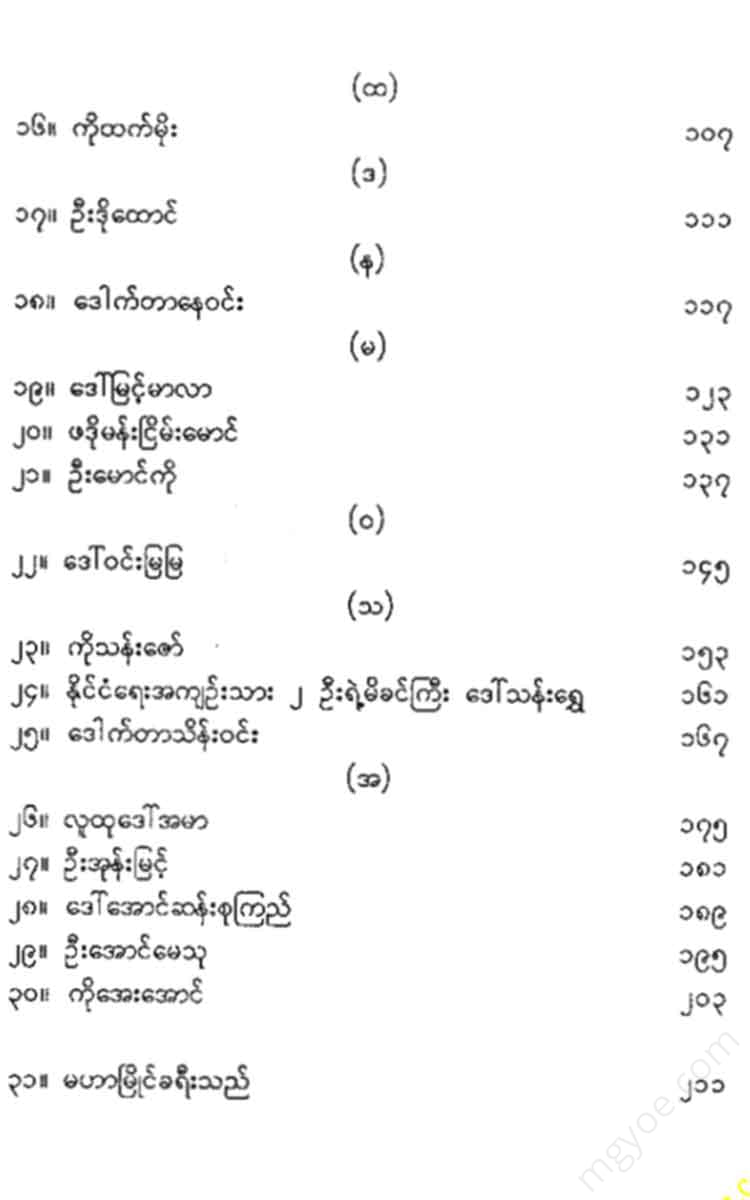Other Websites
Lily House - The Land of Heroes in the Dark Wave
Lily House - The Land of Heroes in the Dark Wave
Couldn't load pickup availability
Prison
Around 1995-96, I heard in our political circles that the military regime was building remote prisons to suppress politicians. We didn’t know if it was true or just a rumor. In our country, where there is no freedom of information, there were rumors that actually happened, and there were also rumors that came out of thin air and disappeared in thin air. I thought it was propaganda to scare politicians, but it wasn’t until 1998 that I was shocked and shocked to see that this incident was real. On February 18, 1998, my husband, who was arrested for political crimes, was transferred from Insein Prison to Maw Lai Lay Village Prison in Kalay Township, Sagaing Region, with a sentence of 14 years. In the construction of three prisons at once, namely Kalay Prison, Khanti Prison, and Buthidaung Prison, the military regime promoted the prison director, U Tha Oo, who led the construction, because the second Khanti Prison was completed first. The third Buthidaung Prison was completed. Although it was said to be a prison for local criminals, it was actually built to torture non-local anti-government politicians. Political prisoners from Kalay were sent to Mandalay Hill and Myitkyina, far from Kalay, while prisoners from Yangon in the delta were sent to Kalay, Khanti, Buthidaung, Putao, and Mongsat prisons. Of these, Kalay Prison was opened in May 1998 with 15 political prisoners. Kalay Prison was built on a former forest cemetery.
When I visited the prison in June, only the four-sided prison wall and the gate had been built. Two wooden cells inside the prison could be seen from the prison entrance. The only buildings were the cooking stove and two wooden cells. The women’s wing had not been built yet. The current prison house above the gate did not even exist. The newly built area was filled with loose plaster and was used by political prisoners without being cleaned. It was built and sent by General Khin Nyunt’s order. The political prisoners who were brought from Insein Prison to Mandalay Prison, from Mandalay Prison to Monywa Prison, from Monywa Prison to the Children’s Prison in iron shackles were very tired when they arrived at the Children’s Prison. They were registered in iron shackles and put into their rooms. They cleaned up the garbage in the room and lived in their own little space. The wounds caused by the iron shackles did not heal well. They were allowed to take a 15-minute shower in the morning to relax. Water was scarce and they had to use a drinking water system. Due to the lack of adequate facilities, prisoners often had problems with the prison authorities. They were only allowed to leave their cells for 15 minutes a day.
At night, the generator is turned on at nine o'clock and provides light. After 9 o'clock, the entire prison becomes silent and dark. The sound of the prison guard's hammering, the barking of the baya, the howling of dogs in the forest, and the chirping of insects are all too familiar to those with weak hearts. When I lay down in bed, I was tormented by insects, black and white scorpions, and large pieces of land that ran over me. I couldn't sleep at night, so I had to sit on the iron bars. Due to the weather, malnutrition, and the malaria mosquitoes called Anopheles, the political prisoners who arrived at the end of May contracted malaria in July. The prison's breakfast was just a cup of red bean paste and a spoonful of fish paste. Even flies wouldn't eat the fish paste provided by the prison. Even rats wouldn't eat it. The political prisoners who lived on a diet that was completely different from the prison's own food had to endure the torture of malaria. Malaria usually occurs when the nature of malaria is weak. Malaria becomes chronic due to lack of adequate medical treatment and adequate nutrition.
Those who sleep on sandbags without mosquito nets are not protected from malaria. The political prisoners' dormitories have been turned into hospital wards. When political prisoners are denied the right to live, there is a fierce conflict with the prison authorities. Those who are a little healthier take up various forms of struggle. They engage in open fighting, hunger strikes, and other forms of struggle.
The demands were to move the prisoners to a malaria-free prison, one that was closer to their families, and not to send any more non-local political prisoners. Only then did the authorities compromise and provide medical treatment. They said they would report the prison transfer to the authorities and opened the gates for half an hour, which had been open for only 15 minutes.
The number of political prisoners in Myanmar who have faced these hardships and sacrificed their own egos for the sake of democracy in Burma has not decreased. As the number of prisons has increased, so have the number of political prisoners who oppose the military regime. I believe that as long as the military regime does not change and the military dictatorship does not end, there will still be thousands of pro-people revolutionaries.
Let's share.







